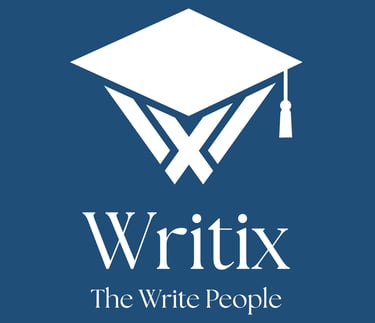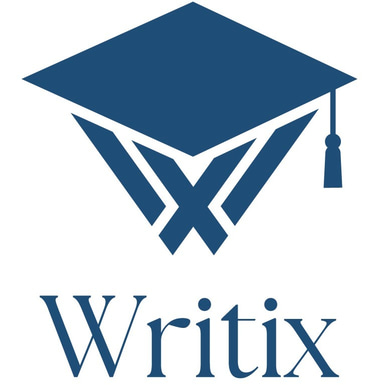40% off on first order.
How to Write a Grant Proposal That Gets Funded: Insights for Healthcare Innovators
In this guide, we break down how to write a grant proposal that gets noticed, survives the peer-review process, and ultimately gets funded.
TECHNICAL WRITING SERVICES
Dr. Kumkum, P.hD, Medical Biotechnology
7/21/20253 min read


In the world of healthcare innovation and biotechnology, a brilliant idea alone isn’t enough. Funding is the bridge between concept and real-world impact, and grant proposals are your ticket across that bridge. However, writing a winning proposal is a science in itself, one that requires not only deep knowledge of your project but also the ability to tell a compelling, data-driven story. At Writix, we specialize in helping researchers, scientists, and healthcare startups craft proposals that speak to reviewers and secure the funding they need to transform lives.
Even promising innovations can face rejection if poorly communicated. Based on our experience offering grant writing services, these are the most frequent reasons for rejection:
Unclear objectives: Reviewers need to understand the 'why' and 'how' of your project in the first few paragraphs. Vague goals are a red flag.
Lack of significance: If the proposal doesn’t clearly explain the impact on healthcare outcomes, reviewers won’t see its value.
Weak preliminary data: Proposals without data or validation points lack credibility.
Incoherent structure: A scattered format makes it hard to follow your reasoning or trust your execution.
Poor language or jargon: Reviewers come from diverse backgrounds. Overly technical or error-prone writing can alienate them.
Avoiding these mistakes is not just about grammar, it’s about strategic communication. That’s where professional technical writing consultation can make a significant difference.
What Funders Look For in Healthcare and Biotech Proposals
Whether you're applying for NIH, Horizon Europe, Gates Foundation, or private VC-backed grants, all funders want three things:
Innovation with real-world application: Your idea must address a defined need in clinical or healthcare settings.
Feasibility: Reviewers must believe that your team, timeline, and resources are sufficient to execute the project.
Return on investment (ROI): This doesn’t just mean money. It includes public health impact, policy advancement, or scientific contribution.
Be explicit about how your innovation improves outcomes, whether it's a diagnostic tool, AI-enabled platform, or biotech therapy. Back your claims with real data and realistic timelines. Visuals (like Gantt charts or impact models) are a bonus.
Structuring a Successful Healthcare Grant Proposal
Here’s a simplified structure that works across most funding bodies:
Executive Summary: Concise overview of the project, its goals, impact, and funding required.
Statement of Need: The problem you’re addressing—why it matters, who it affects, and the consequences of inaction.
Project Description: Detailed methodology, timelines, milestones, and deliverables.
Preliminary Data: Proof that your approach is valid or promising.
Budget Justification: Transparent cost breakdown with rational justifications.
Team Qualifications: Highlight key personnel and collaborators.
Impact Statement: How your work benefits the healthcare ecosystem.
References & Appendices: Supplementary materials that show depth and preparedness.
Each section must be written with clarity, purpose, and an understanding of your funder's perspective.
Data Storytelling: The Art and Science of Convincing Reviewers
Reviewers remember stories, not spreadsheets. While data is essential, how you frame it determines its impact.
Instead of saying:
"We observed a 12% increase in patient compliance."
Say:
"Our pilot study led to a 12% rise in patient compliance, equivalent to saving 480 hospital visits annually in a single clinic."
This narrative approach is what separates an acceptable proposal from a winning one. It’s not just about what you’ve done, but why it matters.
Why Technical Writers Are Essential in Grant Writing
Grant writing is more than just wordsmithing, it requires:
Understanding regulatory frameworks
Translating technical results into accessible outcomes
Structuring complex content logically
Ensuring adherence to submission guidelines
At Writix, our team of expert technical writers and scientists offer end-to-end research proposal writing and document refinement tailored to the needs of healthcare professionals and researchers.
Whether you’re a biotech startup preparing your first pitch or a university lab applying for institutional grants, we bring clarity, compliance, and strategy to your proposal.
A Well-Written Proposal Is Your Strongest Funding Tool
Funding agencies want to back research that is innovative, executable, and impactful. Your proposal is often the first and only chance to make that case.
If you're unsure where to start, Writix is here to guide you through the entire process from ideation and framework building to editing and submission. Our grant writing services combine domain expertise with persuasive writing to boost your chances of success.
Ready to secure funding that fuels real change? Let’s write the proposal that gets you there. Contact Today!
Address: Writix, Level - 5, The Iconic Corenthum, Tower- C, A-41, Sector 62, Noida, Uttar Pradesh 201301
Phone : +91 9289469111
Blogs
Social
Research Consultation Services
Journal Publishing Assistance


We Accept

Add On Services
Who we are?
Our Team
